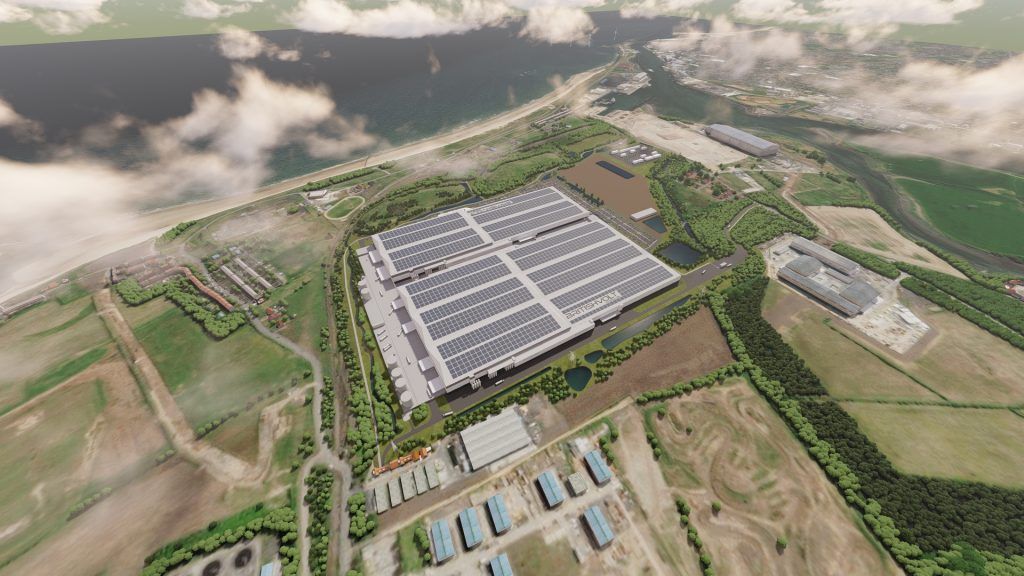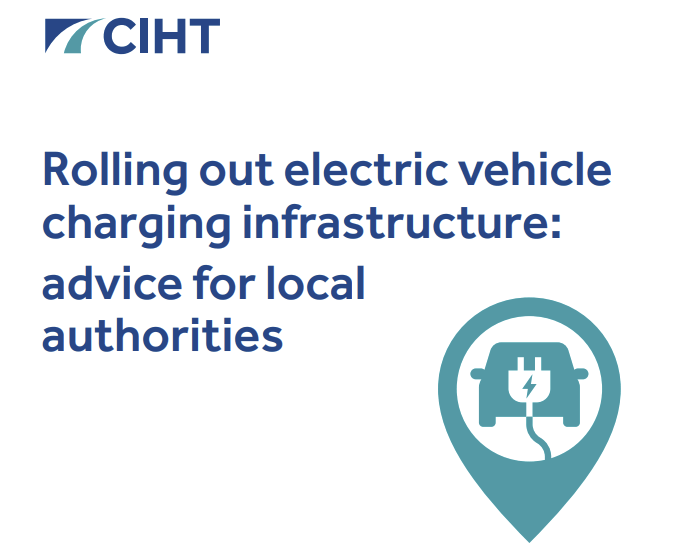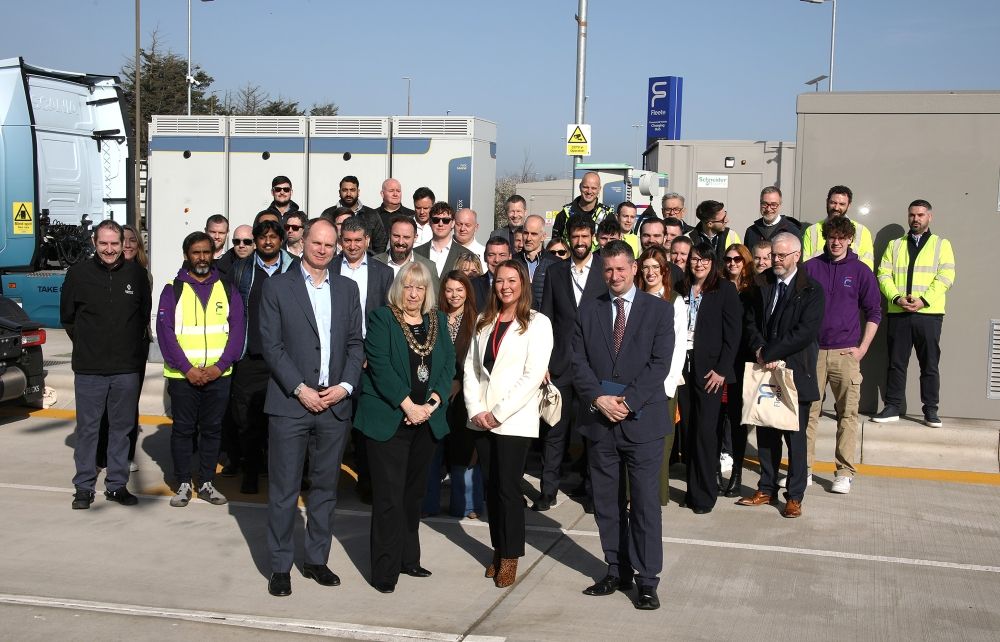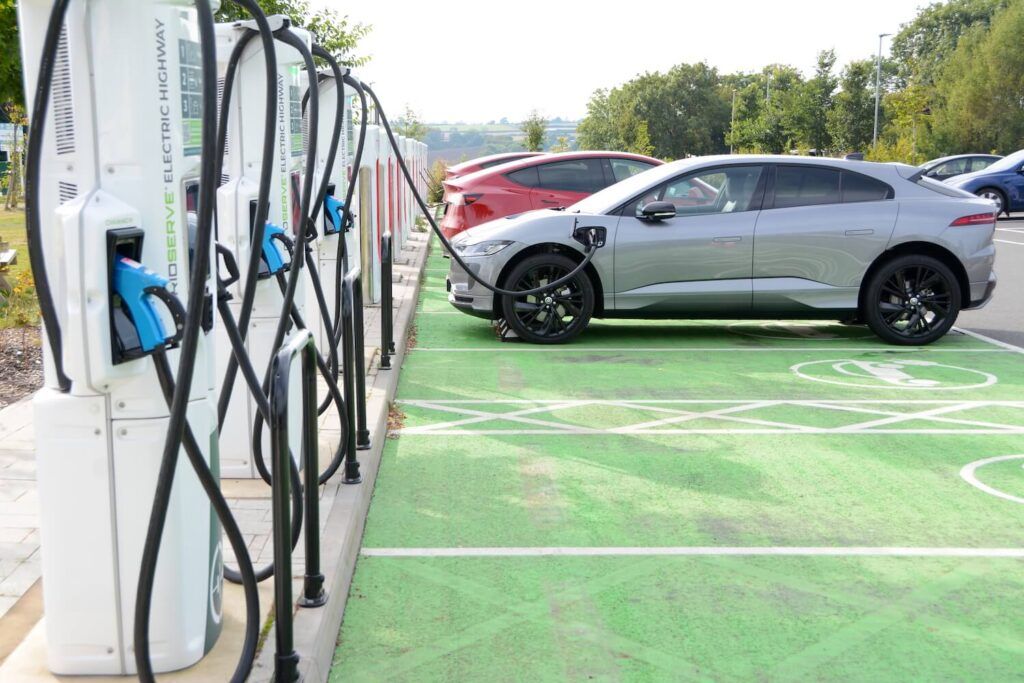Prime Minister Boris Johnson has praised Britishvolt’s work to deliver a Gigaplant that will eventually produce enough low carbon, sustainable battery cells for over 300,000 electric vehicle battery packs per year.
During Prime Minister’s Question Time on Wednesday (2 February 2022) he highlighted the role of Blyth Valley MP Ian Levy.
Responding to a question from the MP, the Prime Minister said: “I want to thank him for helping to secure the Britishvolt Gigafactory in Blyth. It is an absolutely amazing investment.”
Britishvolt recently received Government backing to power ahead with plans for a full-scale electric-vehicle (EV) Gigaplant in Northumberland with support coming through its Automotive Transformation Fund, delivered by the Advanced Propulsion Centre.
At the time, the Prime Minister said the new battery factory will “boost the production of electric vehicles in the UK, whilst levelling up opportunity and bringing thousands of new highly-skilled jobs to communities in our industrial heartlands.”
The Prime Minister was responding to a question from Mr Levy concerning the need for infrastructure upgrades to help ease congestion on Blyth’s roads.
He said: “I understand that growth and prosperity bring about challenges when it comes to congestion on our roads. We are working with the council on a bid for the Blyth Relief Road.”
Mr Johnson committed to setting up a meeting between the MP for Blyth Valley and the Transport Secretary to discuss this further.
Speaking to Transport + Energy Britishvolt Chief Communications Officer Ben Kilbey said: “The level of positive support that Britishvolt is seeing is phenomenal and is testament to the integrity of the business to helping, not only level up, but also create the employment of the future and domestic battery intellectual property. Low carbon, sustainable, domestically produced battery cells are an imperative to the next industrial revolution, a switch to renewables from fossil fuels. We must stop burning stuff to empower a clean air future for all. Batteries are at the very core of that narrative.
He added: “Through our BV Future Gen Foundation we will be able to up-skill, new-skill and re-skill for the jobs required for the industries of the future. We are proud of our ESG commitments and the vision to set new benchmarks in supply chain management. We will drive the carbon out of the battery manufacturing process. The Gigaplant in Northumberland will be powered by 100% clean, green renewable energy. We hope the ‘Britishvolt Effect’ will benefit the entire country and power up the Gigaplant-economy.”
Earlier this week Britisvolt announced that it had entered into a joint venture with strategic partner Glencore to develop a world-leading ecosystem for battery recycling in the UK.
This ecosystem will be anchored at a new recycling plant located at the Britannia Refined Metals operation (BRM – located in Northfleet), a Glencore company. BRM will continue with its current production and trading operations.
The project sees a return to recycling for BRM, securing existing jobs and creating new ones.
The bold aim is to help support the creation of a genuinely circular economy that supplies recycled materials and minerals back into the battery supply chain.
In reaction Minister for Investment Lord Grimstone said: “Gigafactories are a critical part of our transition to a cleaner automotive future, but so too is ensuring sustainability across the entire supply chain and lifespan of electric vehicles.
“This collaboration will help to develop an ecosystem for the recycling of batteries and critical minerals that will be essential as we electrify our automotive sector and build back greener.”
Image courtesy of Britishvolt.












